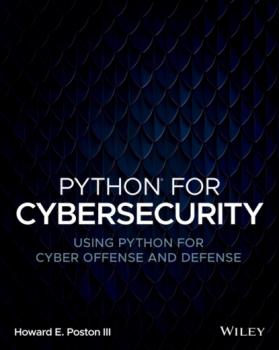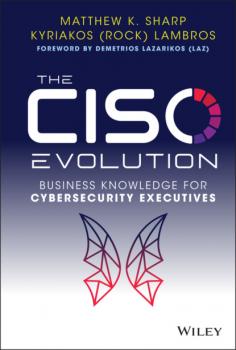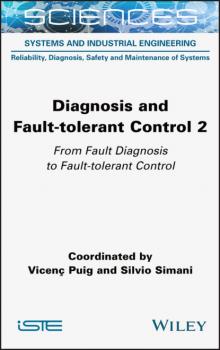Зарубежная компьютерная литература
Различные книги в жанре Зарубежная компьютерная литератураWindows 11 For Seniors For Dummies
Don't call your tech guru for help—get this book and help yourself! What do you want to do with your Windows computer? Sign up for Facebook to keep up with your friends? Watch a video taken during the latest family trip? Find your latest email messages with a single click of the mouse? Look no further than Windows 11 For Seniors For Dummies to discover how to do these tasks and others that you depend on a daily basis. With this guide to the popular operating system, you find the clear and easy instructions to checking tech tasks off your to-do list. This book focuses on giving you the steps—with plenty of helpful illustrations—you need to complete the essential tasks that you perform throughout your day, like connecting with friends on social media, customizing your Windows 11 desktop with personal photos, and emailing the family about weekend plans. You also find out how to navigate Windows 11 and enhance it with the apps and widgets that you use. Other topics include: Adding shortcuts to favorite apps Personalizing your desktop Creating your private Windows account Setting up the email app Having news delivered to your desktop Chasing down lost files Tweaking your digital photos Setting your security and forgetting about it Reach for Windows 11 For Seniors For Dummies whether you need a basic introduction to Windows, want a refresher on Windows 11, or have a question you want answered right away. You can then spend less time looking for help on how your computer works and more time enjoying the fun parts of life.
Conflicts, Crimes and Regulations in Cyberspace
The study of cyberspace is relatively new within the field of social sciences, yet interest in the subject is significant. <i>Conflicts, Crimes and Regulations in Cyberspace</i> contributes to the scientific debate being brought to the fore by addressing international and methodological issues, through the use of case studies.<br /><br />This book presents cyberspace as a socio-technical system on an international level. It focuses on state and non-state actors, as well as the study of strategic concepts and norms. Unlike global studies, the socio-technical approach and “meso” scale facilitate the analysis of cyberspace in international relations. This is an area of both collaboration and conflict for which specific modes of regulation have appeared.
Diagnosis and Fault-tolerant Control Volume 2
This book presents recent advances in fault diagnosis and fault-tolerant control of dynamic processes. Its impetus derives from the need for an overview of the challenges of the fault diagnosis technique and sustainable control, especially for those demanding systems that require reliability, availability, maintainability, and safety to ensure efficient operations. Moreover, the need for a high degree of tolerance with respect to possible faults represents a further key point, primarily for complex systems, as modeling and control are inherently challenging, and maintenance is both expensive and safety-critical.<br /><br /><i>Diagnosis and Fault-tolerant Control 2</i> also presents and compares different fault diagnosis and fault-tolerant schemes, using well established, innovative strategies for modeling the behavior of the dynamic process under investigation. An updated treatise of diagnosis and fault-tolerant control is addressed with the use of essential and advanced methods including signal-based, model-based and data-driven techniques. Another key feature is the application of these methods for dealing with robustness and reliability.









